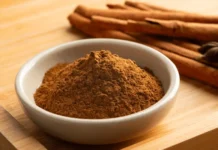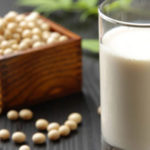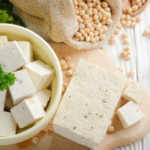Why People with Liver Disease Should Limit Avocado Intake
Avocados, a fruit rich in fat, are primarily composed of monounsaturated fat, known to be beneficial to health. However, for those with liver concerns, avocado consumption may not be a wise choice.
The presence of fat, even the good kind, can challenge the digestive process, thereby increasing pressure on the liver, an already compromised organ.
Additionally, avocados provide a significant amount of collagen, a necessary protein for the body but one that can be difficult to digest for those with liver disease. When collagen is not fully metabolized, it can accumulate and lead to negative impacts on liver cells.
Moreover, avocados contain a small amount of estragole oil. While this amount is not sufficient to harm those with healthy livers, for those with unstable liver function, avocado consumption may increase the risk of damage to this organ. Therefore, individuals with liver disease should exercise caution when including avocados in their diet.
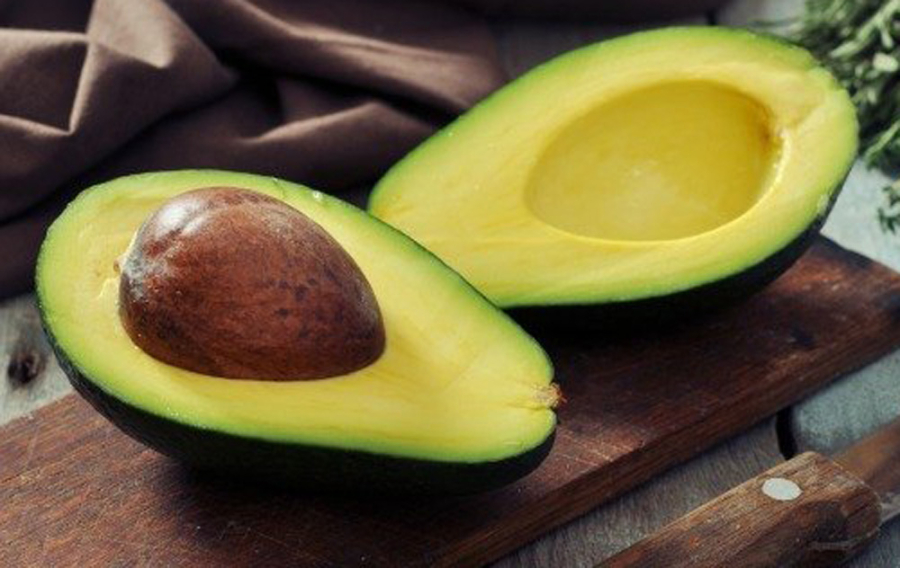
For those with unstable liver function, avocado consumption may increase the risk of damage to this organ.
Why People with Kidney Disease Should Limit Avocado Intake
For individuals living with kidney disease, diet control is of utmost importance. They are often advised to limit or avoid foods rich in sodium, potassium, and phosphorus, as kidneys struggle to eliminate excess minerals. Avocados stand out for their high potassium content, making them a less-than-ideal choice for those with kidney concerns.
Consuming avocados can lead to hyperkalemia, or elevated potassium levels, in those with kidney disease. This condition may cause symptoms such as muscle weakness and cramping and, in severe cases, can result in paralysis. Furthermore, potassium can influence the electrical activity of the heart, causing significant arrhythmias and even risking cardiac arrest. For this reason, individuals with kidney disease should be cautious about including avocados in their diet.
Irritable Bowel Syndrome (IBS) and Avocado Consumption
Avocados are a fatty and nutritious fruit, but for those with Irritable Bowel Syndrome (IBS), consuming avocados may not be a wise choice. When eaten in excess, avocados can cause digestive issues, exacerbating IBS symptoms such as diarrhea, abdominal pain, and bloating.
Additionally, avocados contain small amounts of FODMAPs, which are difficult-to-digest carbohydrates that can trigger the sensitive digestive system of some IBS patients. While avocados provide fiber, most of it is insoluble, which can irritate the intestines and contribute to IBS symptoms.
For these reasons, individuals with IBS should consider limiting avocado consumption to minimize digestive discomfort.
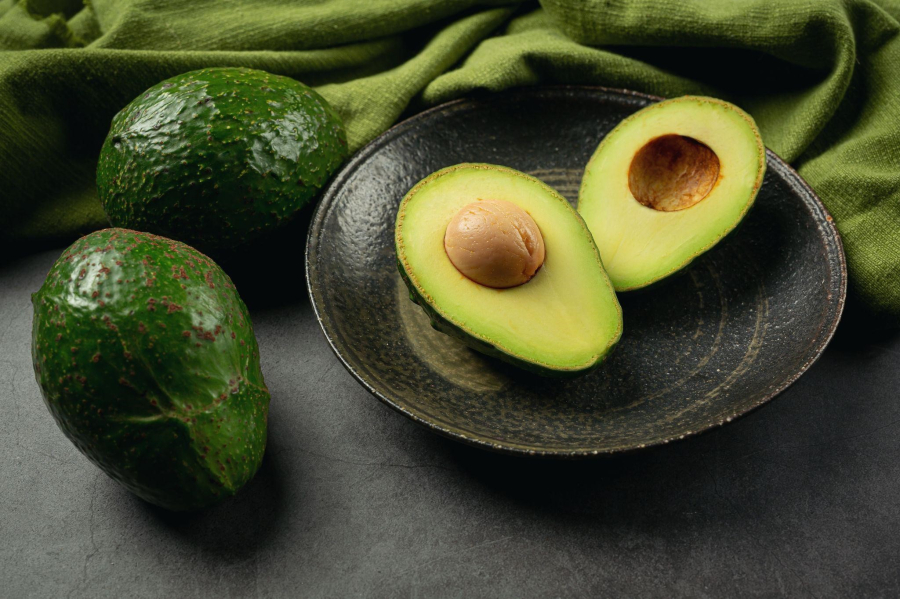
Individuals with IBS should consider limiting avocado consumption.
Avocados and Anticoagulant Medication
Anticoagulant medications, such as warfarin, work by inhibiting the effects of vitamin K, an essential factor in the blood clotting process. Avocados, on the other hand, are a food source with a relatively high vitamin K content, with an average avocado providing approximately 30% of the daily recommended intake.
Consuming large amounts of avocados can lead to excess vitamin K, thereby reducing the effectiveness of anticoagulant medication and increasing the risk of blood clot formation.
Therefore, if you are taking anticoagulants, it is essential to limit avocado intake or consume it in very small quantities. Consult your doctor for specific advice on safe avocado consumption, and be mindful of other vitamin K-rich foods in your diet.
Avocados and Weight Loss
Avocados are a fruit with a relatively high-calorie content. On average, one avocado contains approximately 240 calories. For those on a weight loss journey and aiming to control their calorie intake, excessive avocado consumption can negatively impact their goals.
Some studies suggest that while avocados are rich in healthy fats, they may also stimulate appetite in some individuals. As a result, you may eat more than intended, hindering your weight loss progress.
Therefore, if you are trying to lose weight, consider incorporating avocados into your diet in moderation and adjust your portions accordingly to align with your nutritional plan.
Harmful Liver Seasoning Found in 5 Common Foods and Beverages
Not only does this familiar spice enhance the sweetness, but it also helps prolong the shelf life of food and beverages.
Delicious and Nutritious Alternative to Chicken Meat: High Protein, Budget-Friendly Snack at Only 5,000đ – a Plate Full of Goodness
Tofu, also known as bean curd, is a nutritious, versatile, and affordable food option that is favored by many households. It is packed with nutrients, easy to consume and prepare, and offers a wide range of culinary possibilities. Tofu is a popular choice for those seeking a wholesome and budget-friendly meal solution.




